“One death is a tragedy; a million deaths is a statistic.” This is a statement attributed to Joseph Stalin, the Soviet leader who ruled by brutal oppression. We, as humans, feel empathy for the pain and suffering of an individual. In the era of 24-hour television and social media, human interest stories capture the imagination of millions of people and generate widespread discussion and debate. Such moments also afford us an opportunity to think carefully and learn lessons for the future and to improve our collective social life.
The Nimisha Priya trial and conviction in strife-torn Yemen is one such case that is agitating the minds of many Indians. Nimisha Priya is one of the millions of hard-working Indians who sought an opportunity for a better life in the oil-rich Arab world. Her business partner, according to Nimisha, stole money from her, threatened her physically, and even confiscated her passport and documents to control her. Her police complaint did not yield any result. Nimisha claims that in July 2017 she sedated her business partner with ketamine in order to retrieve her passport and other documents, but because of an accidental overdose, he died. Nimisha was arrested as she was fleeing the country. She was tried and convicted for murder and sentenced to death in 2018. The trial was entirely in Arabic, and the accused had no legal representation or interpreter to defend herself. Nimisha and her supporters requested a retrial. Nimisha was moved from Al Bayda jail to the capital, Sanaa, and was retried in another trial court. The retrial, in 2020, also ended in conviction and a death sentence. In 2023, Yemen’s Supreme Judicial Council rejected Nimisha’s appeal. In December 2024, Rashed Muhammad al-Alimi, the president of the internationally recognised government of Yemen, approved her death sentence and execution. Her scheduled execution earlier this month was postponed, presumably because of pressure from the Indian government and human rights groups. Let us now unbundle the case and examine the issues.
First, some of the human rights groups are using this case as a platform to oppose the death sentence in principle. That will not be helpful; most countries outside Europe, including the US and India, have the death sentence. In any Islamic country where the retributory justice of an eye-for-an-eye is the norm, it is futile to appeal on grounds of opposition to the death sentence.
Second, there seem to be only two courses available for clemency or commutation of sentence after a lengthy judicial process convicted Nimisha. Either the president should pardon her, or the victim’s family should support a clemency petition by accepting diyah, a financial compensation in lieu of ‘Qisas’ or retribution.
Third, the situation is complicated because we do not even know who is in charge in Yemen. Sanaa, the capital city where Nimisha is jailed, is controlled by the Houthis. Yemen is in the midst of a complex civil war with multiple groups and factions in control of various parts of the country. India and most world nations have no diplomatic relationship with the Houthis. And the death sentence was notionally approved by al-Alimi, whose control is tenuous at best. Iran has influence over the Houthis, but given the complex situation in the region, it is uncertain who can intervene effectively on behalf of Nimisha.
Fourth, the Indian government has done its best, as the Attorney General reported to our Supreme Court. Probably further efforts will be made for Iranian intervention. But we should remember that in matters of criminal justice, it is very difficult for any foreign government to influence another country. It is infinitely more complicated when that country is in the midst of a civil war, and nobody knows who is in charge where, and when you have no diplomatic relationship with the local group in control.
Fifth, millions of Indians live in countries where the rule of law is not strong. We should have a system of counselling for Indians seeking economic opportunities in countries where their rights could be extinguished easily, or where there is no transparency in the justice system, or punishments are unduly harsh. Non-resident Indians are contributing enormously to our country and are remitting vast sums ($135B in 2024-25). We need to help prevent them from becoming unwitting victims of local circumstances. Promoting awareness in advance, counselling and support services to deal with cases like impounding passports or conditions of slave labour are vital. Acting after a ghastly tragedy unfolds is ineffective and very difficult.
Finally, we must focus on our own rule of law situation. While we have a normative rule of law and an independent judiciary, there is a deep crisis in our justice system. Fifty-two million cases are pending, many of them for years; about two-thirds of them are criminal cases. Only 10-15% of criminal cases end in conviction where a confession is extracted, often by third-degree methods. About 70% of jail inmates are under-trial prisoners. Extra-judicial settlements have become common, and, increasingly, might is becoming right. Our own social stability and economic growth demand a massive, integrated effort to reform our institutions of rule of law. It is easy to respond to one case that appeals to our emotion. But we must realise that behind every pending case and failure of justice, there are many human faces with tears and suffering. Reform of police, forensics, prosecution, procedures, and judiciary in trial courts as well as constitutional courts should be a very high priority for us.
The author is the founder of Lok Satta movement and Foundation for Democratic Reforms. Email: drjploksatta@gmail.com / Twitter@jp_loksatta

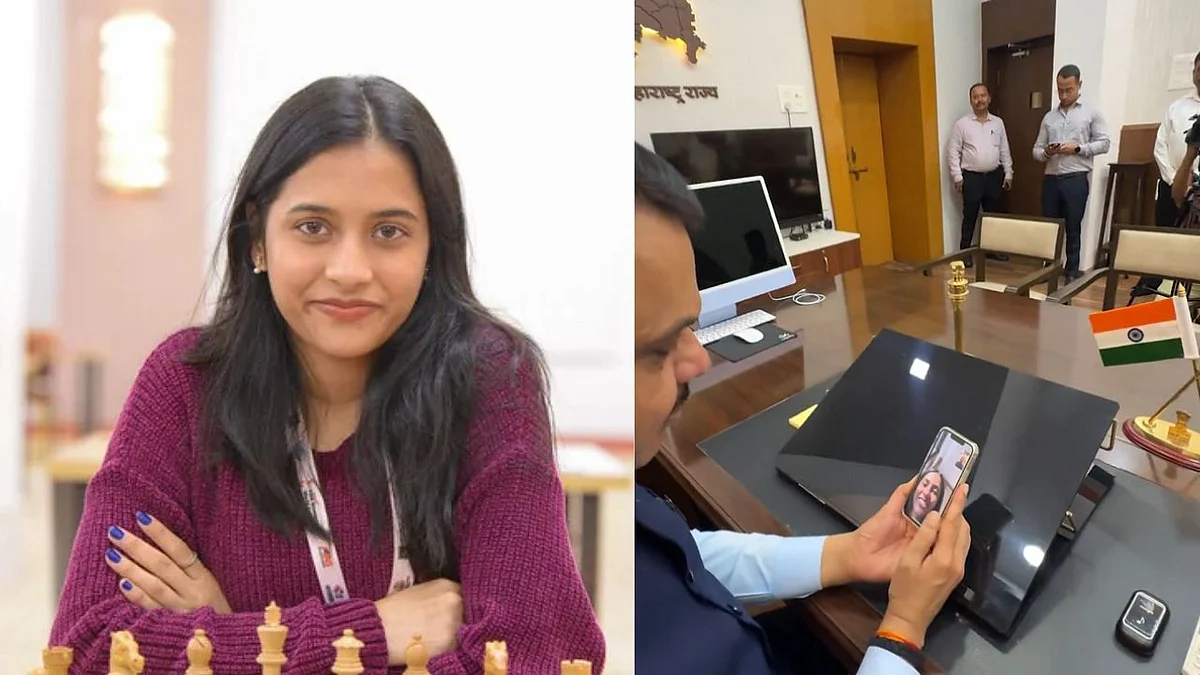


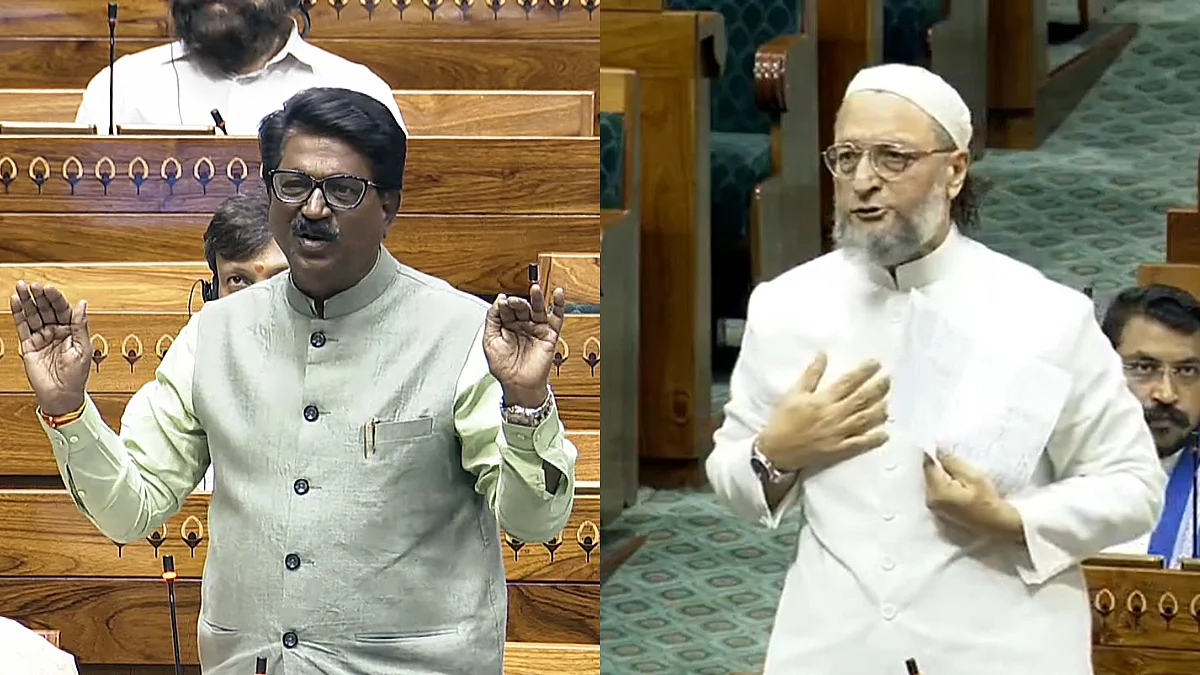
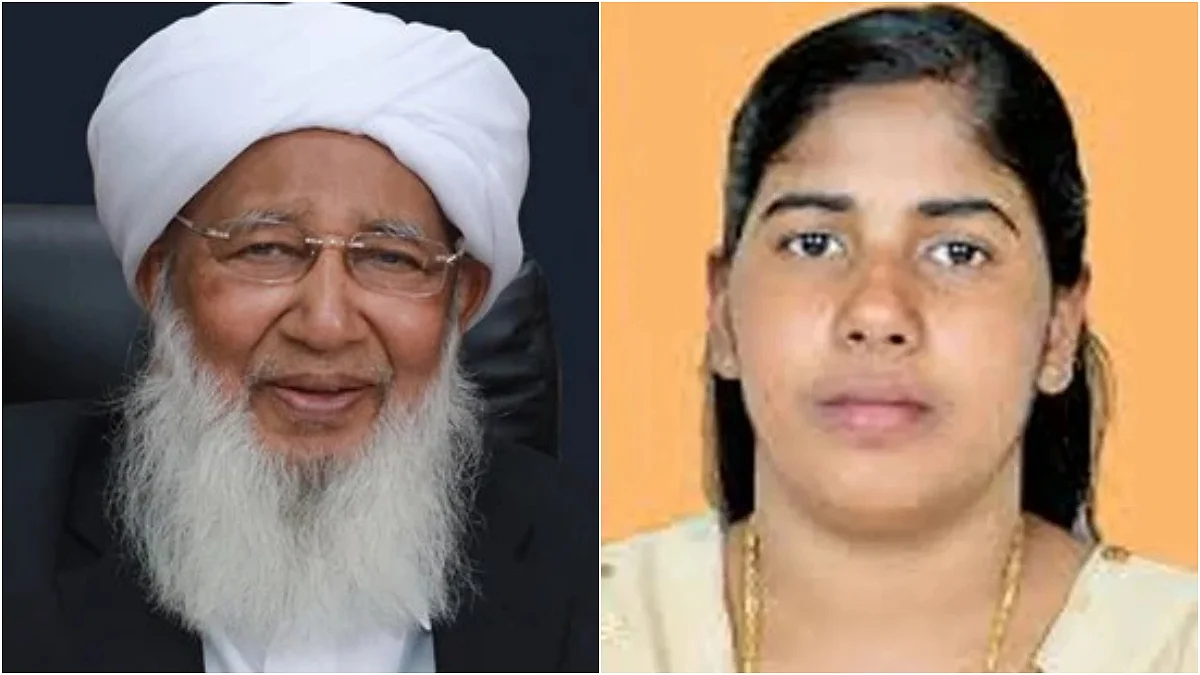

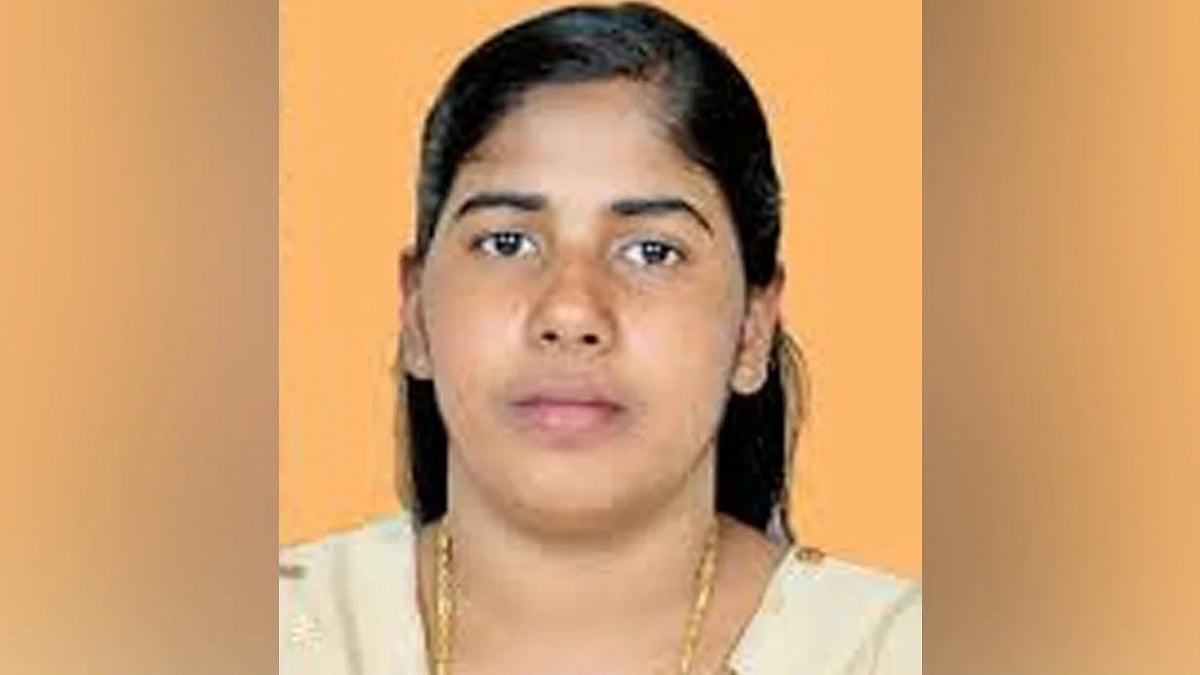


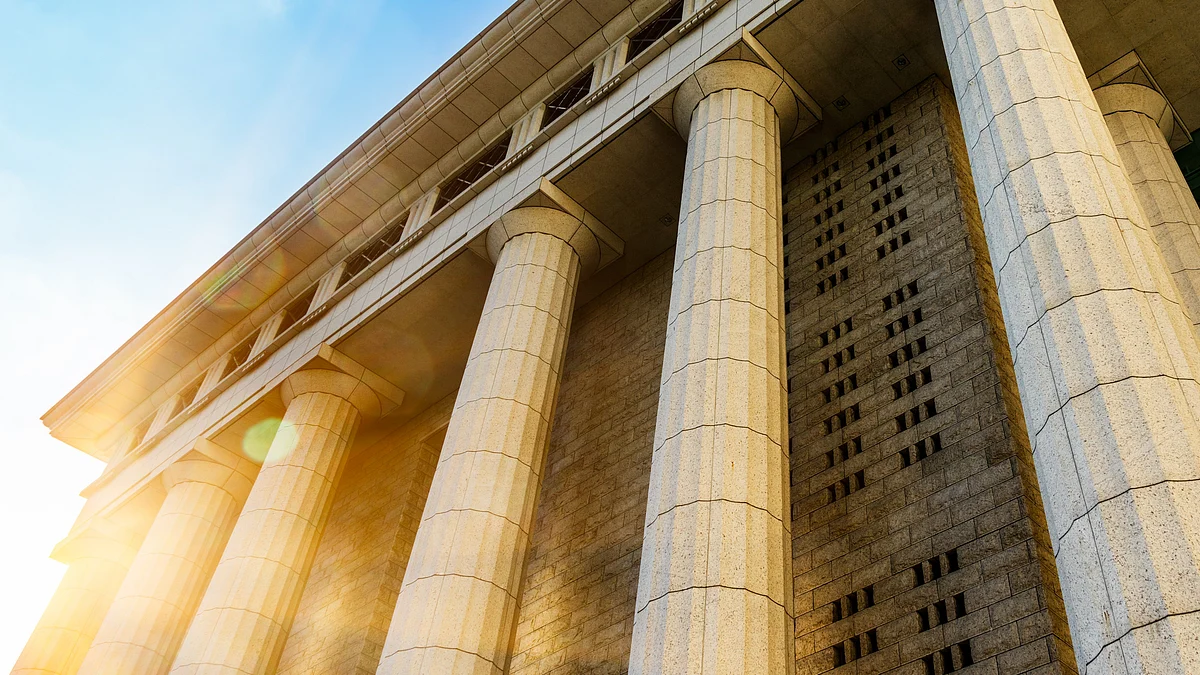
.jpg)